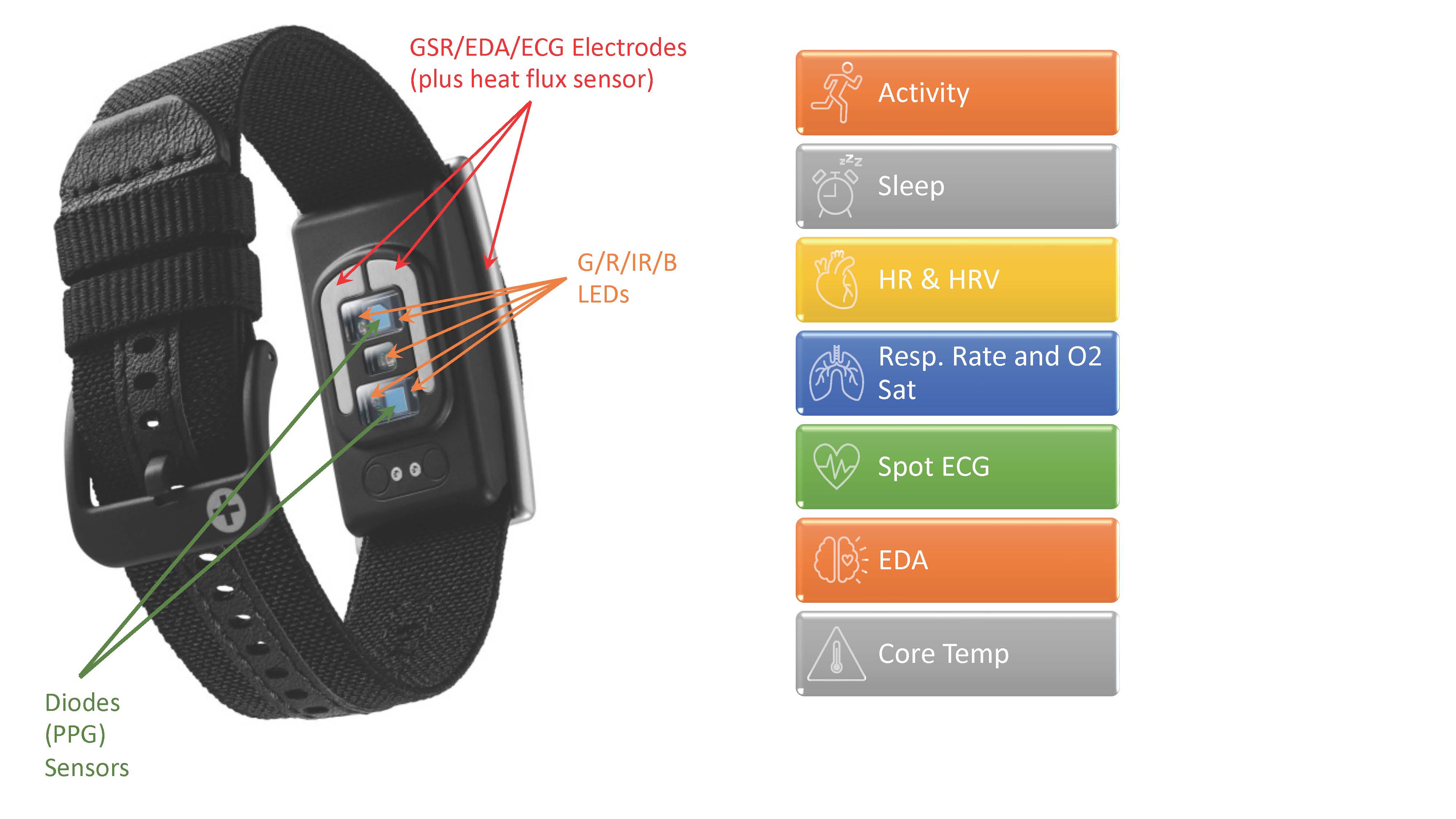BioCom Lab – Matthew Ward
 The BioCom Laboratory houses a variety of research projects centered around nerve modulation therapies, computational and biophysical modeling.
The BioCom Laboratory houses a variety of research projects centered around nerve modulation therapies, computational and biophysical modeling.
Primary Applications of Interest
- Gastroparesis
- Anxiety and depression
- Chronic pain (e.g., from PTOA)
- Ehlers-Danlos Syndrome
- Immune modulation

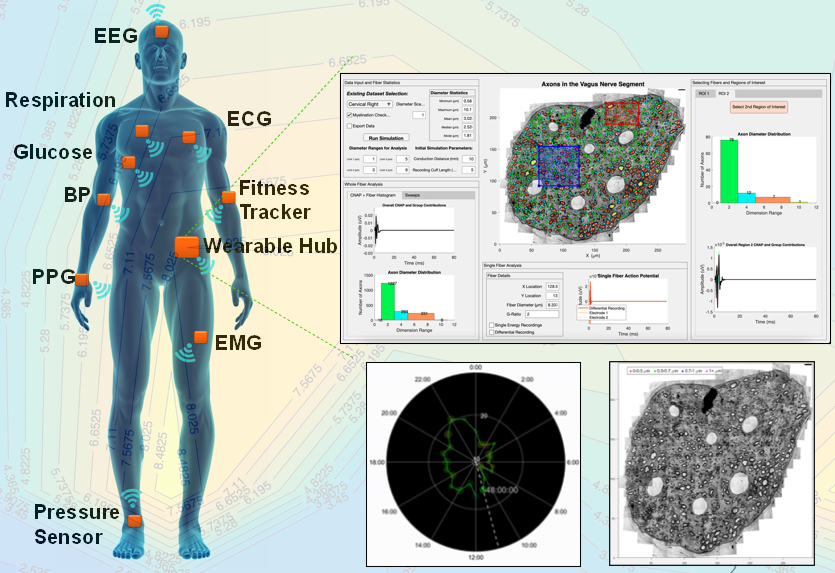
 Wodicka conducts a collaborative research program in the area of biomedical acoustics - the application of sonic technologies toward the solution of problems in clinical medicine and pediatrics. His current efforts include the design of acoustic guidance systems for neonatal catheters and tubes, the development of acoustic biosensors to monitor and quantify airway obstruction, and computational modeling and analysis of speech production in both health and disease.
Wodicka conducts a collaborative research program in the area of biomedical acoustics - the application of sonic technologies toward the solution of problems in clinical medicine and pediatrics. His current efforts include the design of acoustic guidance systems for neonatal catheters and tubes, the development of acoustic biosensors to monitor and quantify airway obstruction, and computational modeling and analysis of speech production in both health and disease. 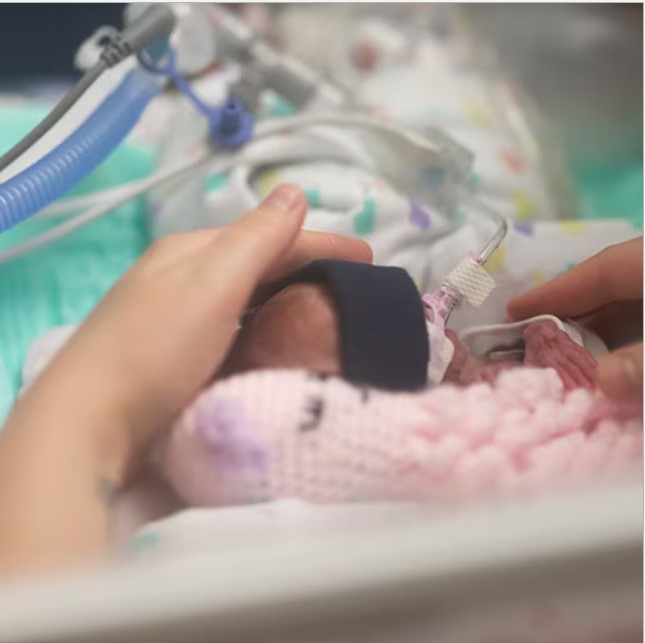
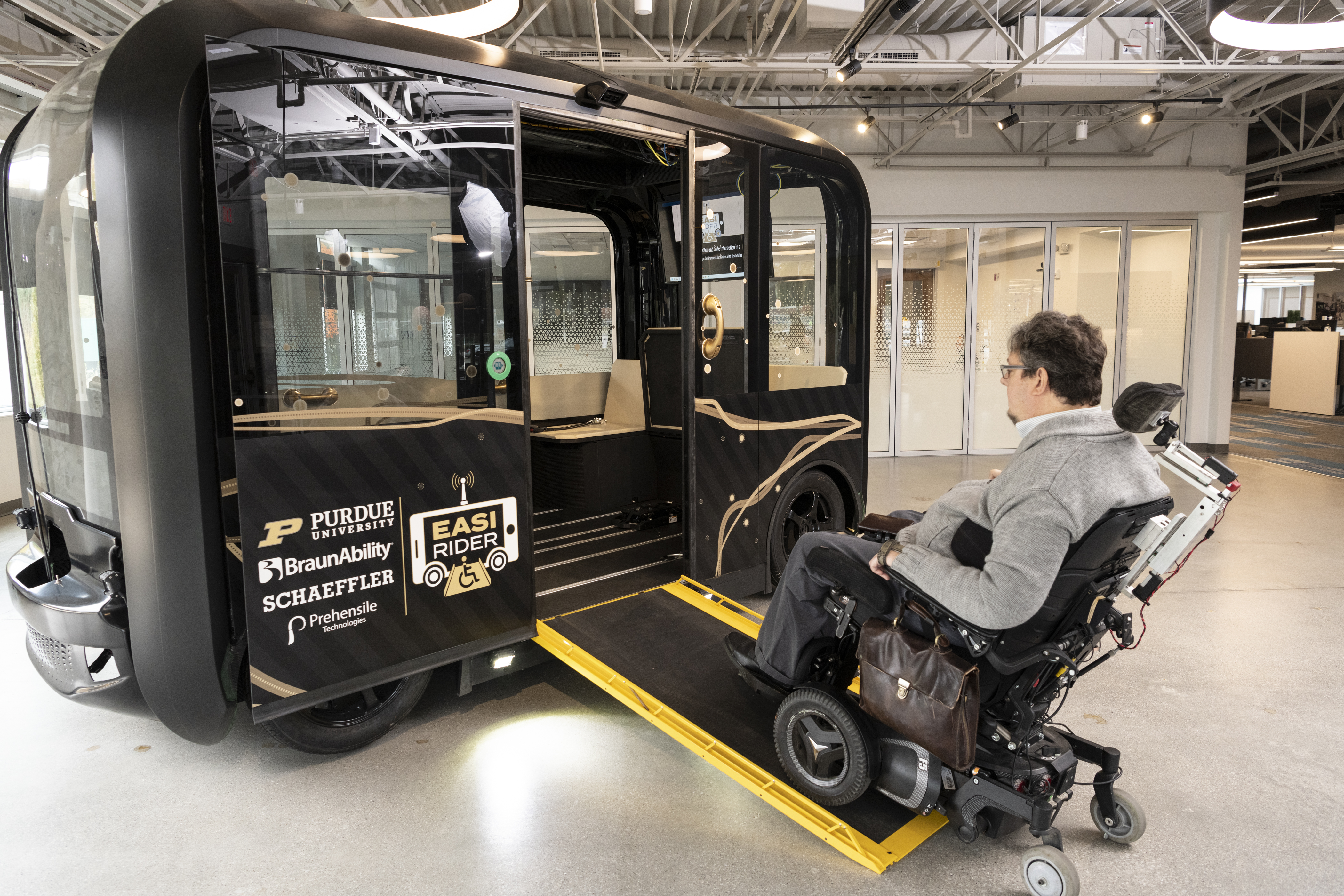
 The Duerstock IAS Lab explores engineering solutions to overcome the functional limitations and health challenges of those with chronic disabilities to promote greater independence, productivity, well-being and community participation.
The Duerstock IAS Lab explores engineering solutions to overcome the functional limitations and health challenges of those with chronic disabilities to promote greater independence, productivity, well-being and community participation. The Laboratory of Implantable Microsystems Research (LIMR) is working on the translation of smart medical instruments using microscale sensors and actuators. Examples include self-cleaning catheters, automatic antidote delivery devices, novel neutral interfaces and better surgical tools for stroke treatment.
The Laboratory of Implantable Microsystems Research (LIMR) is working on the translation of smart medical instruments using microscale sensors and actuators. Examples include self-cleaning catheters, automatic antidote delivery devices, novel neutral interfaces and better surgical tools for stroke treatment.
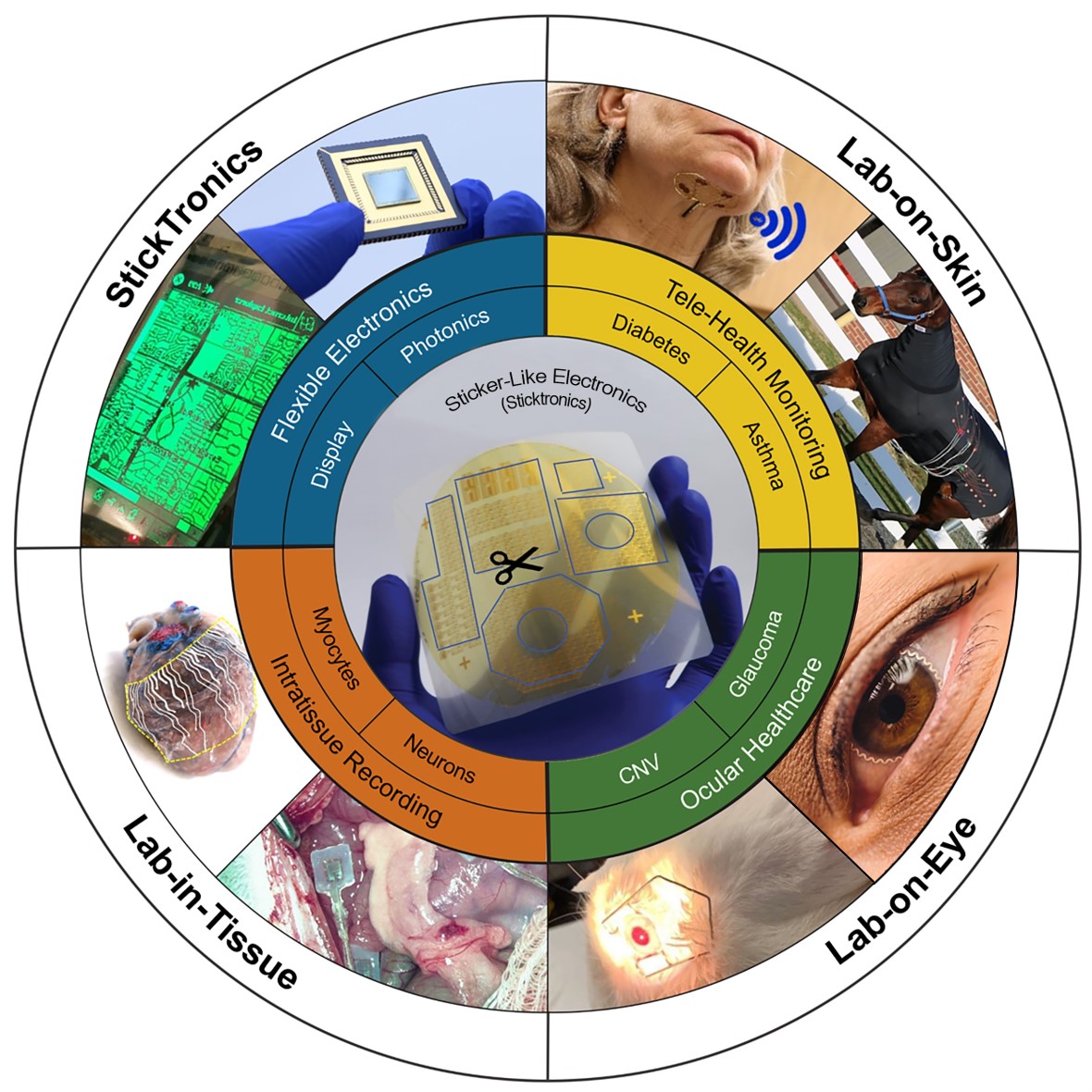
 Lee’s research group is committed to filling a vital gap between engineering innovations and unmet clinical needs.
Lee’s research group is committed to filling a vital gap between engineering innovations and unmet clinical needs.
 Leading a diverse and inclusive research lab developing translational point-of-care diagnostics for global health and underserved US populations. Fundamental microfluidic principles applied to biological assays are utilized to generate advances in paper microfluidics and molecular biosensors.
Leading a diverse and inclusive research lab developing translational point-of-care diagnostics for global health and underserved US populations. Fundamental microfluidic principles applied to biological assays are utilized to generate advances in paper microfluidics and molecular biosensors.
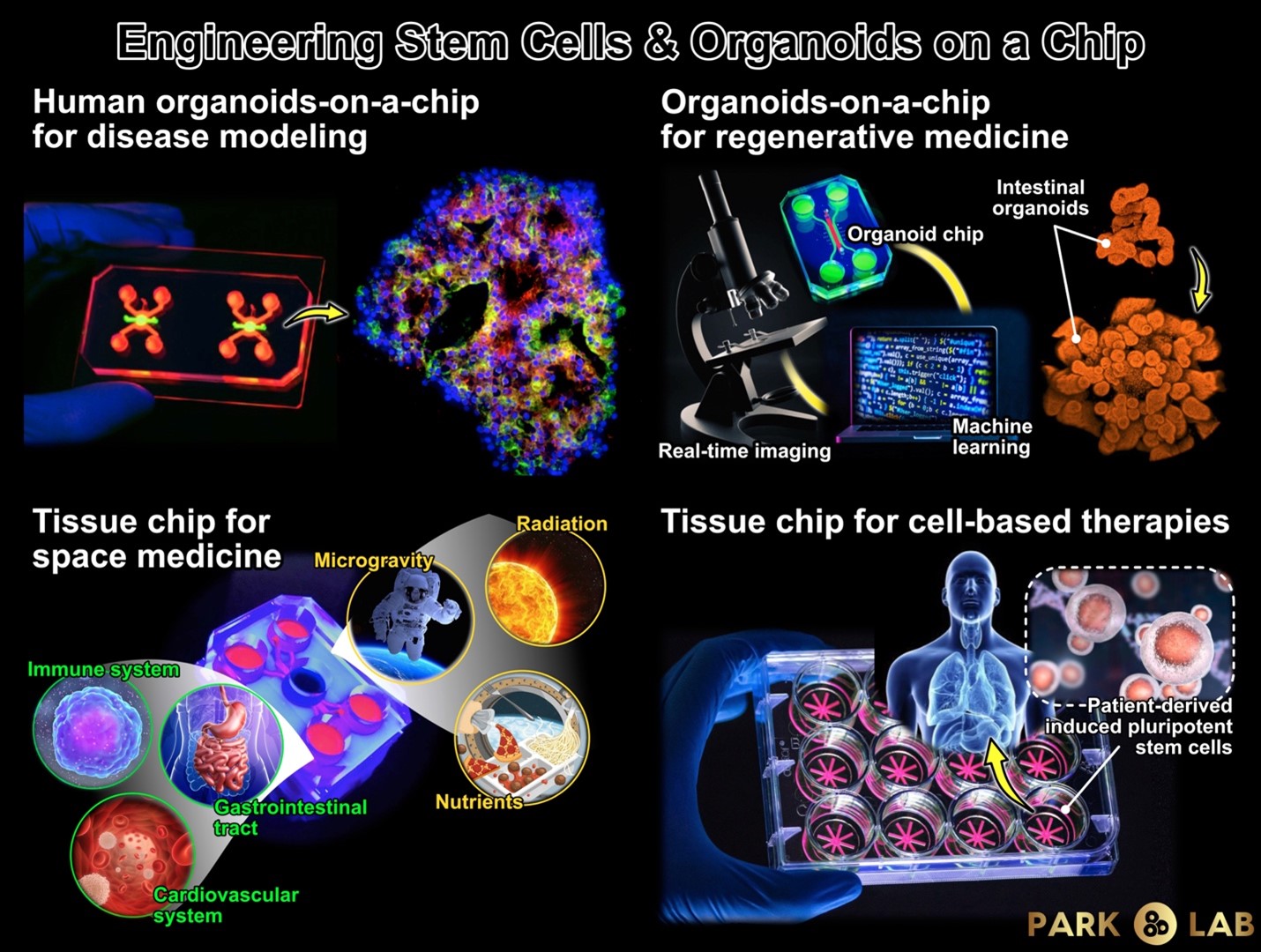
 The Park Lab is interested in developing bioengineering strategies to model organogenesis and regeneration in the human body, aiming to uncover mechanisms underlying various human diseases, developmental processes and regeneration.
The Park Lab is interested in developing bioengineering strategies to model organogenesis and regeneration in the human body, aiming to uncover mechanisms underlying various human diseases, developmental processes and regeneration. The Steinhubl Research Group focuses on the implementation science behind all of the novel digital health technologies developed at Purdue and elsewhere, that can address the many gaps in health research and care. A central theme is person-centered design as the most sophisticated and ingenious health technologies are worthless if the end user, whether a patient or provider, is unable or unwilling to use it.
The Steinhubl Research Group focuses on the implementation science behind all of the novel digital health technologies developed at Purdue and elsewhere, that can address the many gaps in health research and care. A central theme is person-centered design as the most sophisticated and ingenious health technologies are worthless if the end user, whether a patient or provider, is unable or unwilling to use it.